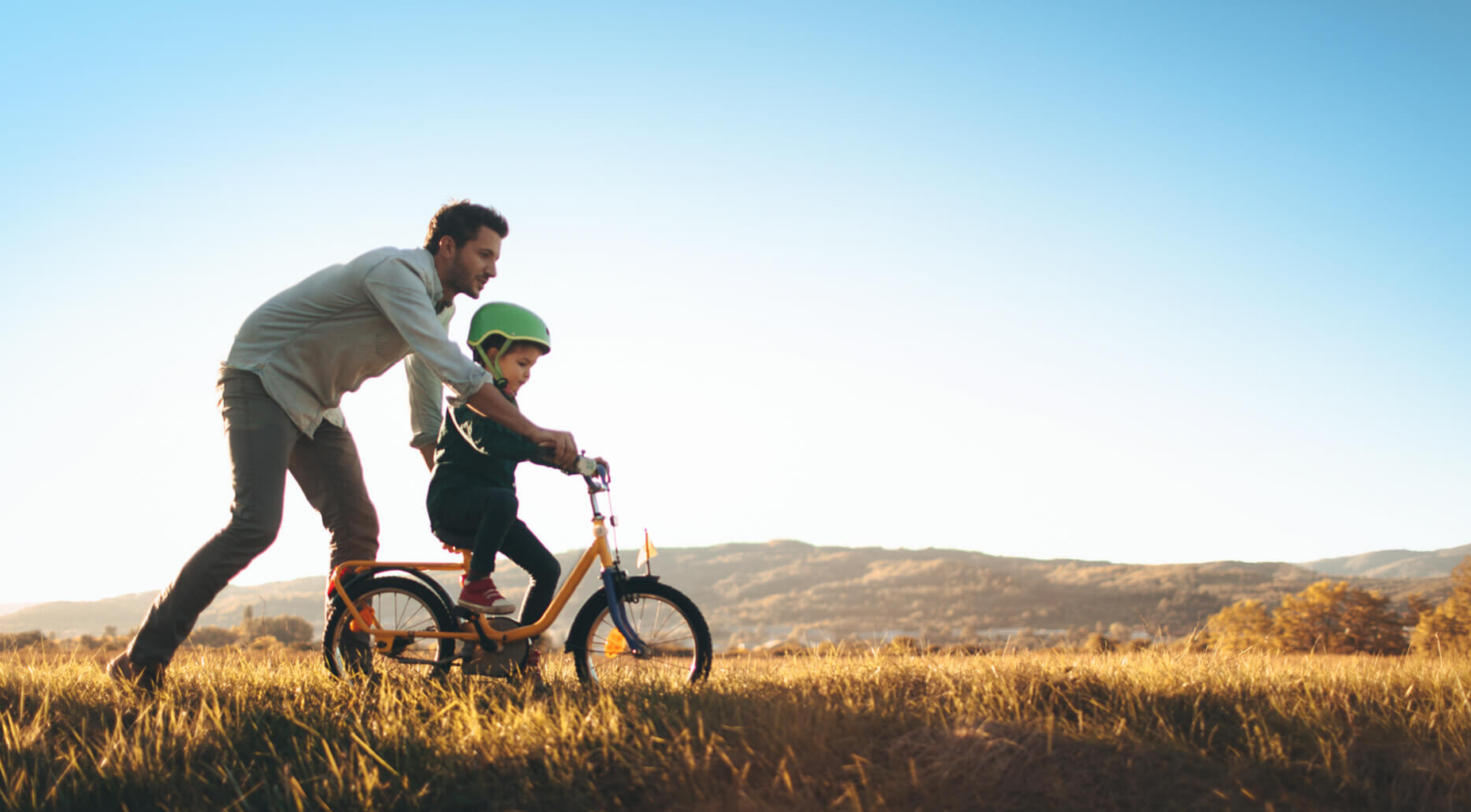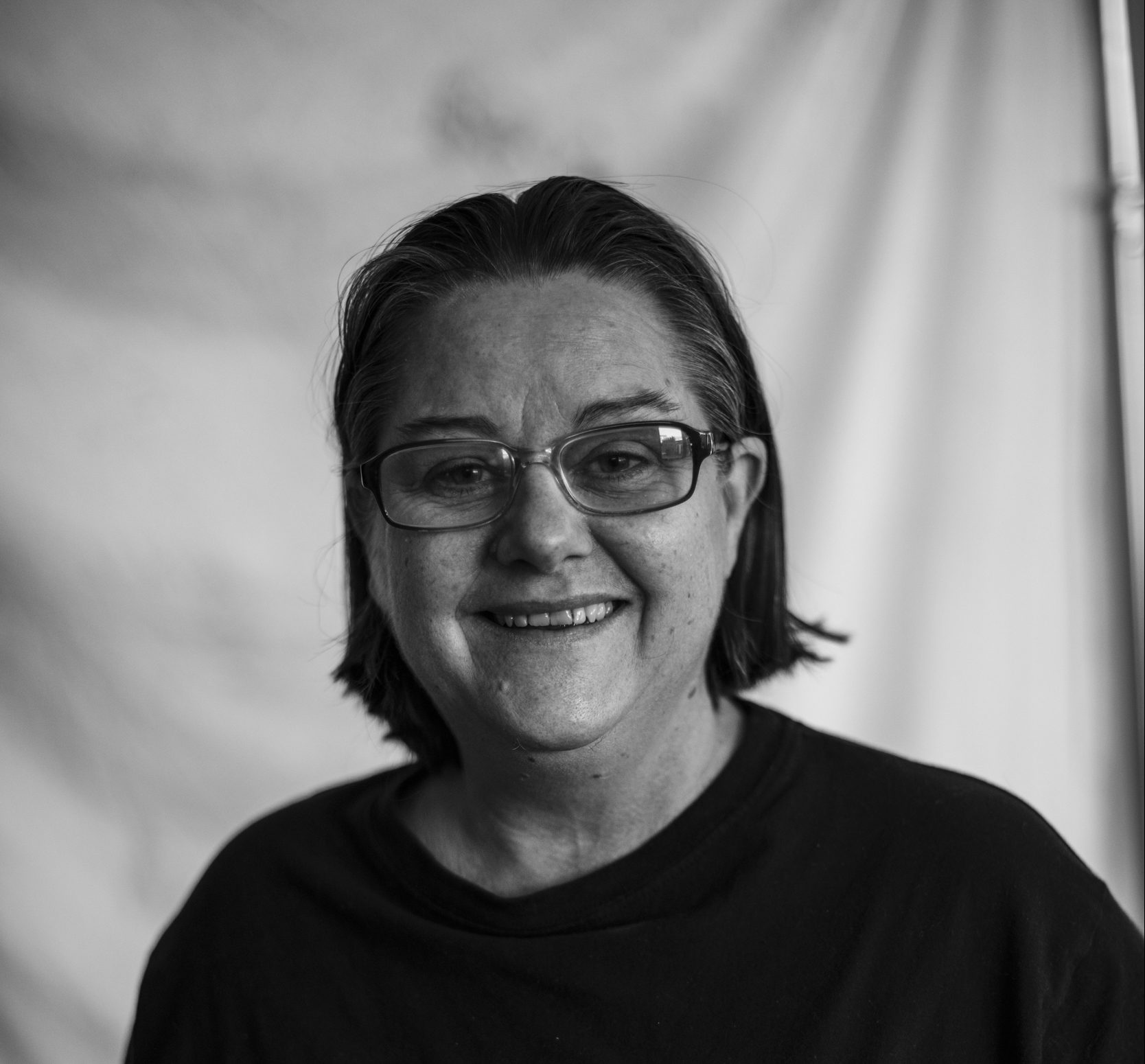Anthony Cohen had a classic Qantas career over his 16 years at the company: having started out in domestic reservations in Sydney, he had a stint in Melbourne before moving into relationship marketing, a space that was effectively the precursor to Qantas Loyalty, before moving to the IOC to work in crewing.
He then moved into a role in brand marketing, working on everything from the music played on board aircraft, helping to bring Oprah to Australia, major sponsorships, and more.
In addition to a wealth of different work experiences, Anthony said his time at Qantas also brought him community.
“Qantas people have always been family to me, and they continue to be; some of my closest friends are still the people that I worked with,” he said.
This was never more important than during the pandemic. Having just taken on a contract role in the hospitality industry in March 2020, Anthony found himself without work. Almost everyone he knew was in the same boat: his partner, a musician, was also left without work, while all his friends from the airline had also been stood down.
So Anthony took to LinkedIn and posted a call out, asking whether anyone had any jobs available.
“Without exaggerating, I got sent just over 3,000 jobs in one afternoon,” Anthony said. “It was mind blowing.”
As Anthony explained, many of the jobs were in supermarkets and warehouses, as click and collect and delivery services exploded, but, he said, “they were jobs.”
He began sharing them in a Facebook group for Qantas staff before realising that he needed a more robust system, soon finding a white label product that allowed him to set up a Seek-like jobs board.
“Over that weekend, my family just sat there plugging these 3,000 jobs into the system,” Anthony said.
Not long after, Anthony was contacted via LinkedIn by Ikea’s Australian HR lead at the time, who offered to help people with their resume. This proved popular, with Anthony quickly seeing there was more value in coaching than the jobs board.
He dropped the job board in July 2020, and by that September added mental health services, First Aid and mindset coaching, and general career coaching.
The organisation came to be known as Project Displaced (though it’s soon to go through a rebrand. Over the last three years, Anthony has registered the organisation as a charity and received a small grant from IMB Bank to keep it running.
It’s been an interesting challenge, he said, with one of the most important things he had to do is ensure the right policies were in place to look after both those needing help, and those providing it.
“We’re not a crisis service, but we have emotionally charged conversations. When you lose your job, even if you were just stood down, you go through a range of different emotions – you lose your sense of identity, you feel grief, you feel anger, you feel guilt,” Anthony explained.
“In some cases, people are feeling complex emotions, so we need to make sure that we’re looking after them, and recognising when people perhaps need help from maybe their local GP or services like Lifeline. In turn, I also need to make sure that my coaches are ok.”
Three years on, Anthony said that while the organisation continues to serve people who worked in aviation, he’s also looking at how they can help different people, from new arrivals to Australia, refugees, parents returning to work after parental leave, and more.
You can learn more about Project Placed here.



